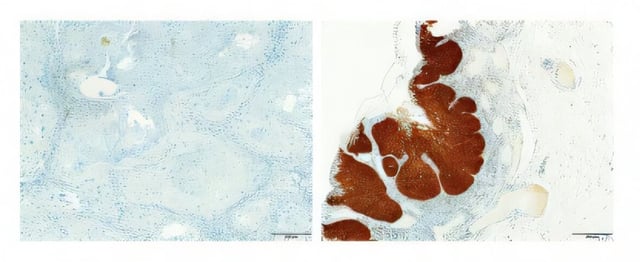Overview
- Analysis of 94 paraffin-embedded tumor specimens found Fusobacterium nucleatum in 59.6% of cases, with a higher rate in oropharyngeal tumors (62.1%) than in oral cavity cancers (53.6%).
- Patients whose tumors harbored the bacterium survived an average of 60 months compared with 36 months for those without it.
- Researchers employed an ultrasensitive digital PCR method to identify trace amounts of bacterial DNA directly within the tumor microenvironment.
- The presence of Fusobacterium nucleatum is being explored as a prognostic biomarker and researchers will next evaluate its influence on chemotherapy and radiotherapy responses.
- Late-stage diagnosis affects 80% of Brazilian head and neck cancer cases, highlighting the need for new biomarkers and personalized treatment approaches.
